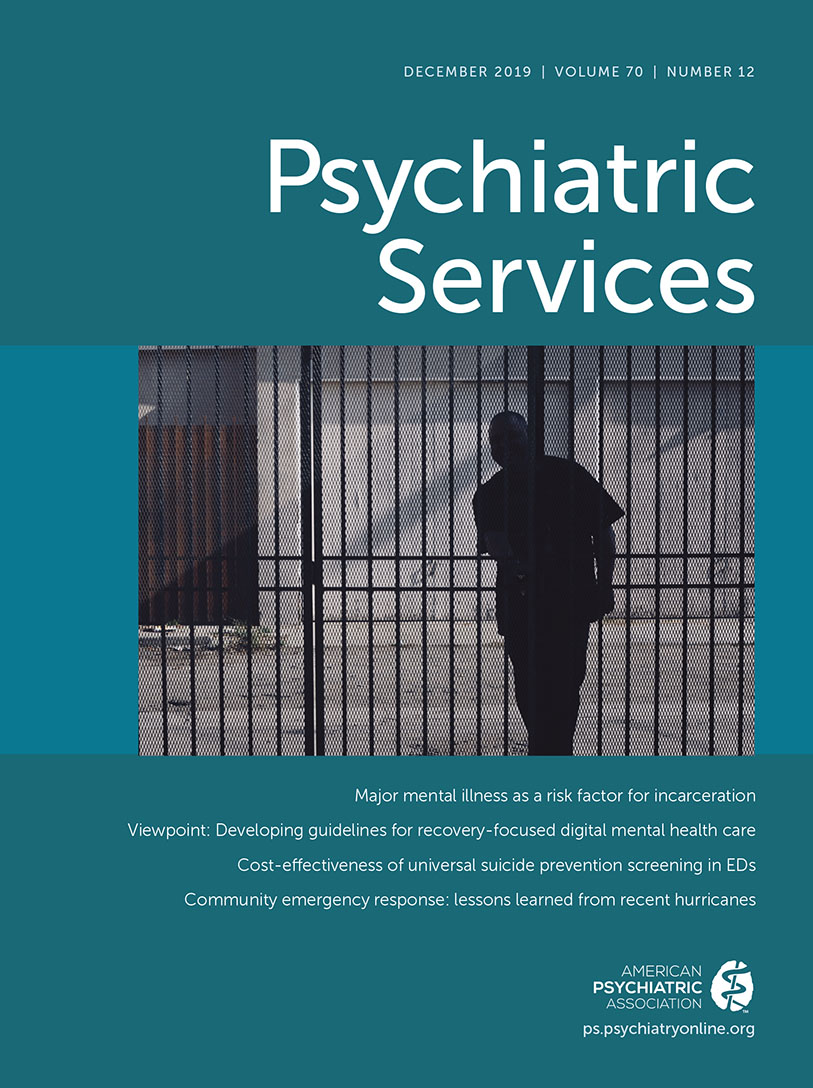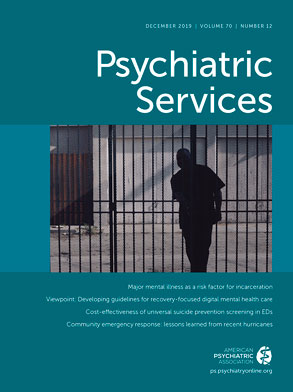TO THE EDITOR: Winston and Fage, the authors of the August issue’s Open Forum, provide historical and sociopolitical context for the term “resilience” and draw parallels to its use in current discourse on physician burnout (
1). The authors warn that just as resilience was used to shift blame from the government to its citizens in times of national crisis, the focus on resiliency initiatives in combating physician burnout may similarly and dangerously engender both a sense of personal responsibility and acceptance of the status quo. They argue that this benefits institutions at the expense of physician health.
The unfortunate rise of physician burnout to epidemic levels alone indicates that the problem is larger than the individual (
2). We agree with the authors that the primary focus of wellness initiatives should be in addressing the fundamental systemic causes that lead to burnout. This opinion has reached consensus across organizations actively working on reducing physician burnout (
3–
5). We also agree that advocacy for change is the primary active way to address this widespread and systemic problem. However, we respectfully disagree with the premise that resiliency programs are passive in nature. Although the authors correctly state that there is a risk that these programs can lead organizations to ignore a need to make systemic changes, properly implemented programs can avert that risk.
Education about resilience and other wellness strategies is an integral part of enhancing well-being, although it is not necessarily the sole solution to burnout. Just as the costs of burnout are both managerial and personal, the solution to burnout needs to be dually focused as well. Dismissing physician-centered strategies is like throwing the baby out with the bathwater. True education about well-being includes teaching physicians not only how to bounce back from difficulties but also to consider their values and goals as they relate to their personal and professional lives. It initiates honest discussion about the health of workplace environments and cultures. It creates a sense of community so that physicians can tap into their support systems and work collectively toward answers. In other words, resilience, as it is used in this context, should lead not to submission but to action.
Furthermore, although involving every physician in advocacy efforts would be ideal, the reality is that not every individual is able and willing to do so. Even for those who engage in advocacy, immense time and effort are required to effect change with tangible results. Physicians cannot sit idly while waiting for the system to fix itself. The authors state, “If burnout is an illness, ‘resilience’ is being positioned as its treatment” (
1). However, we argue that resilience is not the treatment but rather the management for a disease without a known treatment. While research for a cure progresses, we need to equip our colleagues, our trainees, and ourselves with strategies to manage the imminent consequences of a broken system.

